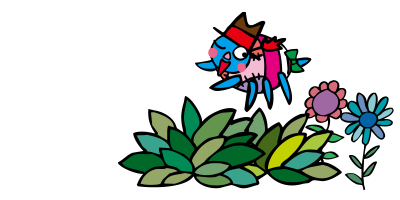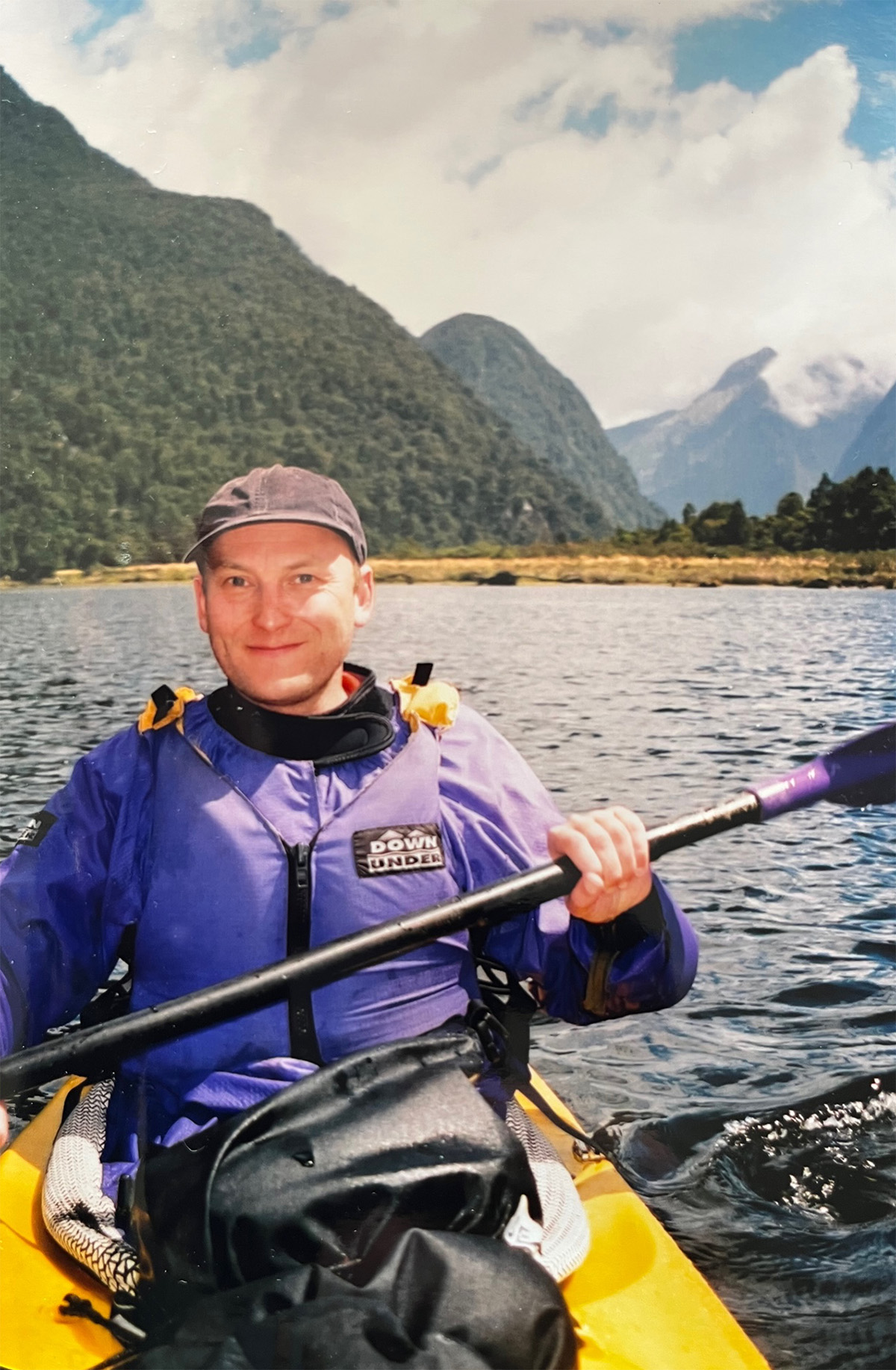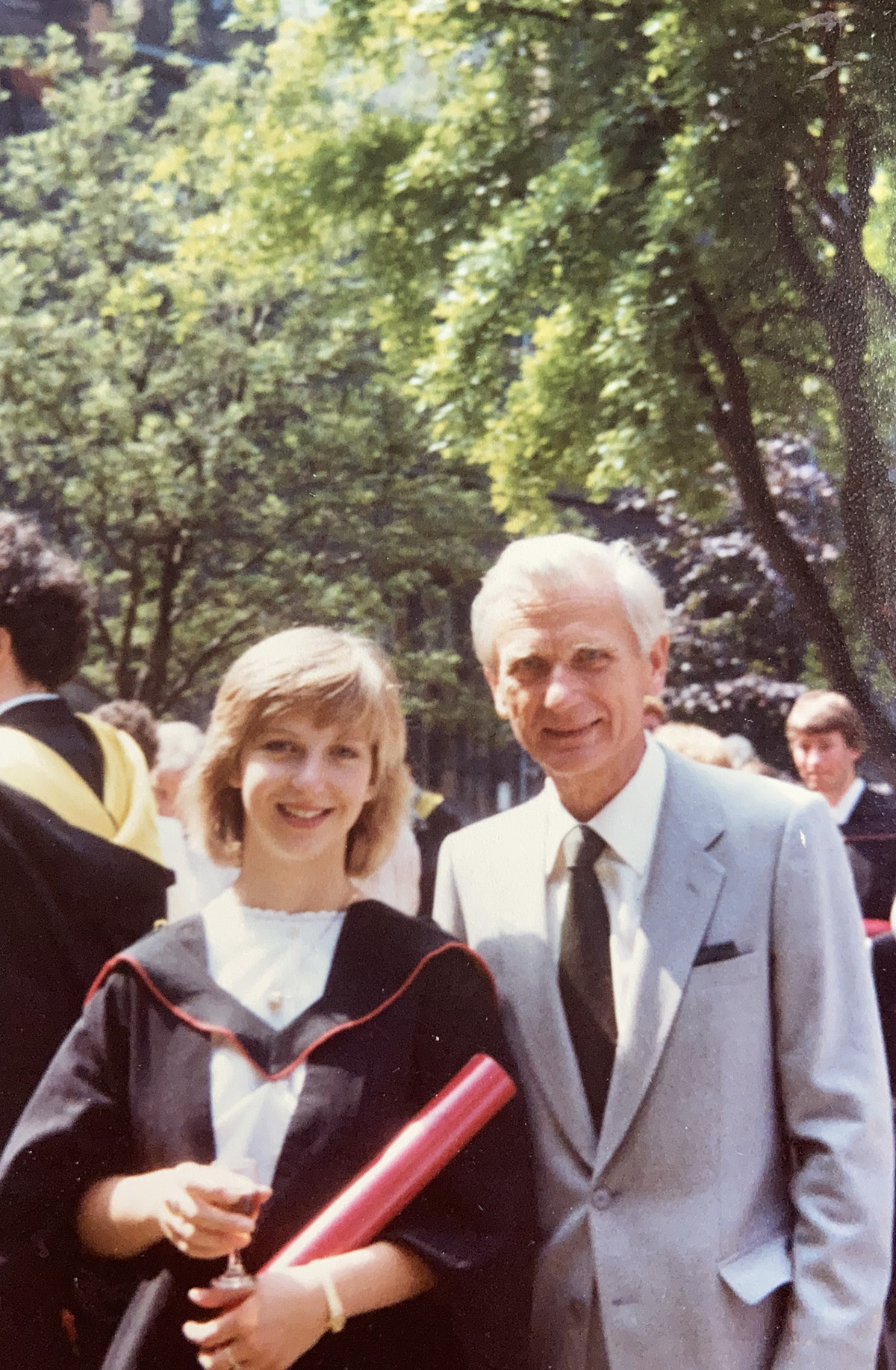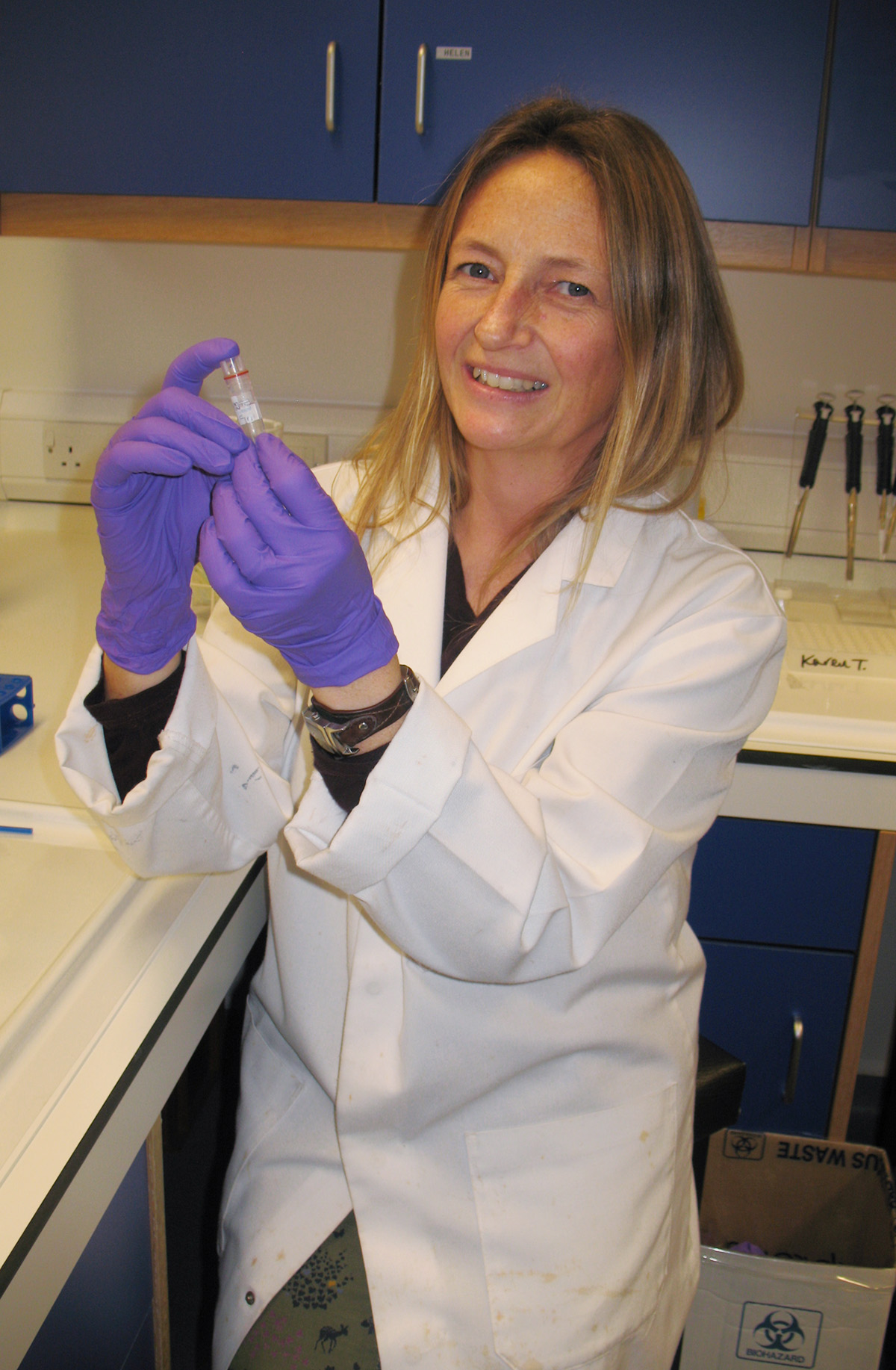1. Following Their Curiosity
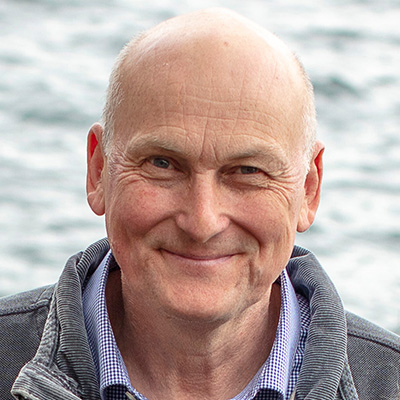
Richard Thompson was born in Nottingham, England in 1963. Blessed with a beautiful garden at home, he spent his childhood immersed in nature around water, digging a large hole to create a pond and collecting creatures from a nearby river. This fascination, fueled further by TV documentaries about the undersea world, might have played a significant role in shaping his future career path.
One of his biology teachers, recognizing his inquiring nature, encouraged his interest in biology. Although Richard initially considered studying biology in college after graduating from secondary school, he ventured into the business world, selling greeting cards and Christmas decorations. After seven years of success in this field, however, he found himself lacking personal fulfillment and began exploring opportunities for higher education. Because of his childhood fascination with the ocean, which he nurtured through youth activities like snorkeling and scuba diving, he naturally chose to pursue the field of marine biology.
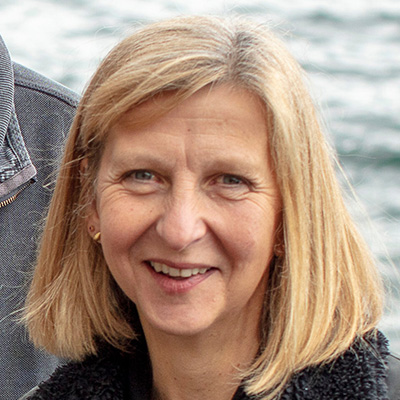
Tamara Galloway was born in Sussex, England, and moved to Glasgow when she was one year old. She lived with her father, a Russian linguist at the University of Glasgow, her mother, who was a teacher, and her brother. Their house was in the suburbs of the city, with easy access to the beautiful nature of Scotland. Tamara loved strolling outside and playing with her dolls at home. She is grateful to her parents, who consistently supported and encouraged her to follow her curiosity.
Since childhood, she was full of curiosity and interested in understanding how things work and move. By the time she entered the University of Glasgow, her interest in science and biology began to grow. She studied a diverse range of subjects in her first year, such as linguistics, geography, history, and science. As she delved into her major, biochemistry, she became captivated by biology. The intricate explanations of mechanisms of life, the complexities of our existence, and the evolution of life fascinated her. She marveled at the methods biology employed to explore characteristics unique to individual organisms, ranging from those living in the vast oceans to those populating the skies above her, and how it reveals the fundamental basis for their diverse adaptations. She recognized the depth of biology and was mesmerized by the broad range of phenomena it explored.
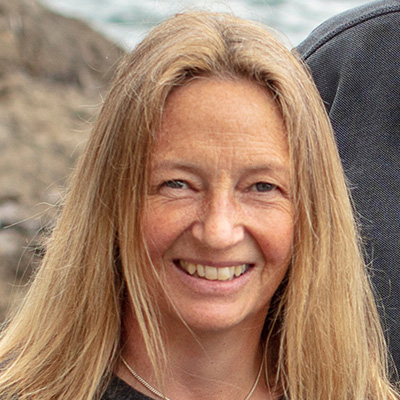
Penelope Lindeque was born and raised in a village near Totnes, South-west England. She spent her childhood with her father, a postman, her mother, a teacher, and her older brother. As an active girl, she spent lots of time playing outdoors in the woods and fields around her home. Her curiosity was boundless. When she was only two years old, she even took a talking doll apart, eager to understand how it made sound.
Penelope chose to pursue applied biology at the University of Bath. Her studies included not only traditional classroom learning but also a wide range of field and laboratory work. This approach allowed her to delve into the fundamentals of biology, encompassing molecular biology, biochemistry, pharmacology, and ecology.
